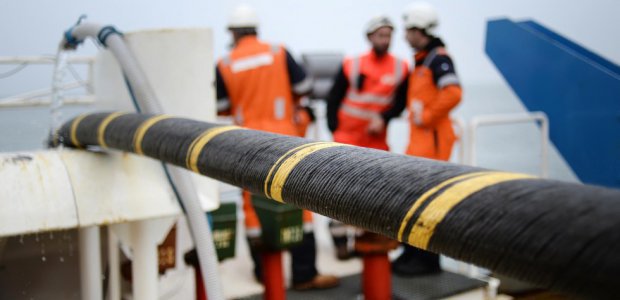An announcement made yesterday of a tender for the development of a Cretan interconnection, via a submarine power cable to link the island with the Peloponnese, heralds the launch of a needed project, but, even so, Crete is in danger of experiencing power outages in 2020.
This threat exists because an exemption to EU law concerning power station emission limits will expire in December, 2019.
As a result, a number of local power stations will need to shut down permanently. According to PPC, the main power utility, the development will lead to the closure of power stations with a total capacity of 42 MW. Certain power stations, whose capacity totals 98 MW, will be able to continue operating if they undergo environmental upgrades.
These developments mean that the amount of electricity to be generated on Crete will not suffice. Worse still, electricity consumption on the island, Greece’s largest, is growing at a rate of 4 percent per year.
According to a joint study conducted by the power grid operators IPTO and HEDNO/DEDDIE, whose results have been presented to the energy ministry and RAE, the Regulatory Authority for Energy, the electricity deficit for Crete could range beween 50 and 200 MW.
The Crete-Peloponnese interconnection, the smaller of two interconnection projects planned to service the island, is scheduled to be completed by 2020 and, thereby, counter any power sufficiency issues. However, officials generally remain skeptical as to whether the project will progress as planned. IPTO’s chief executive Manos Manousakis, who worded a related statement with particular care, noted that “the operator will make every effort to complete the project within 2020.”
Despite the swifter pace of things at IPTO since the recent entry of China’s SGCC as a strategic parner with a 24 percent stake, the overall feeling suggests the Crete-Peloponnese interconnection will most likely be completed in 2021.
RAE is examining plans to protect Crete from any power outages in 2020, sources informed. One of these efforts concerns seeking an extension of the EU law for power station emission limits until 2023. The authority is also looking at ways to boost electricity generation on the island through various means. These include a floating natural gas storage facility to be linked to a power station, as well as fuel changes at existing units.





